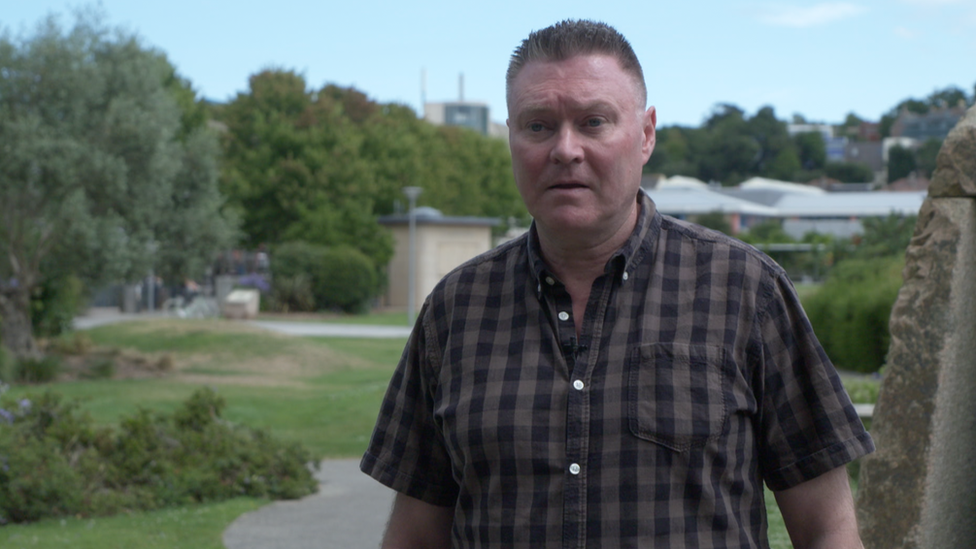Islands consider prostate cancer screening change
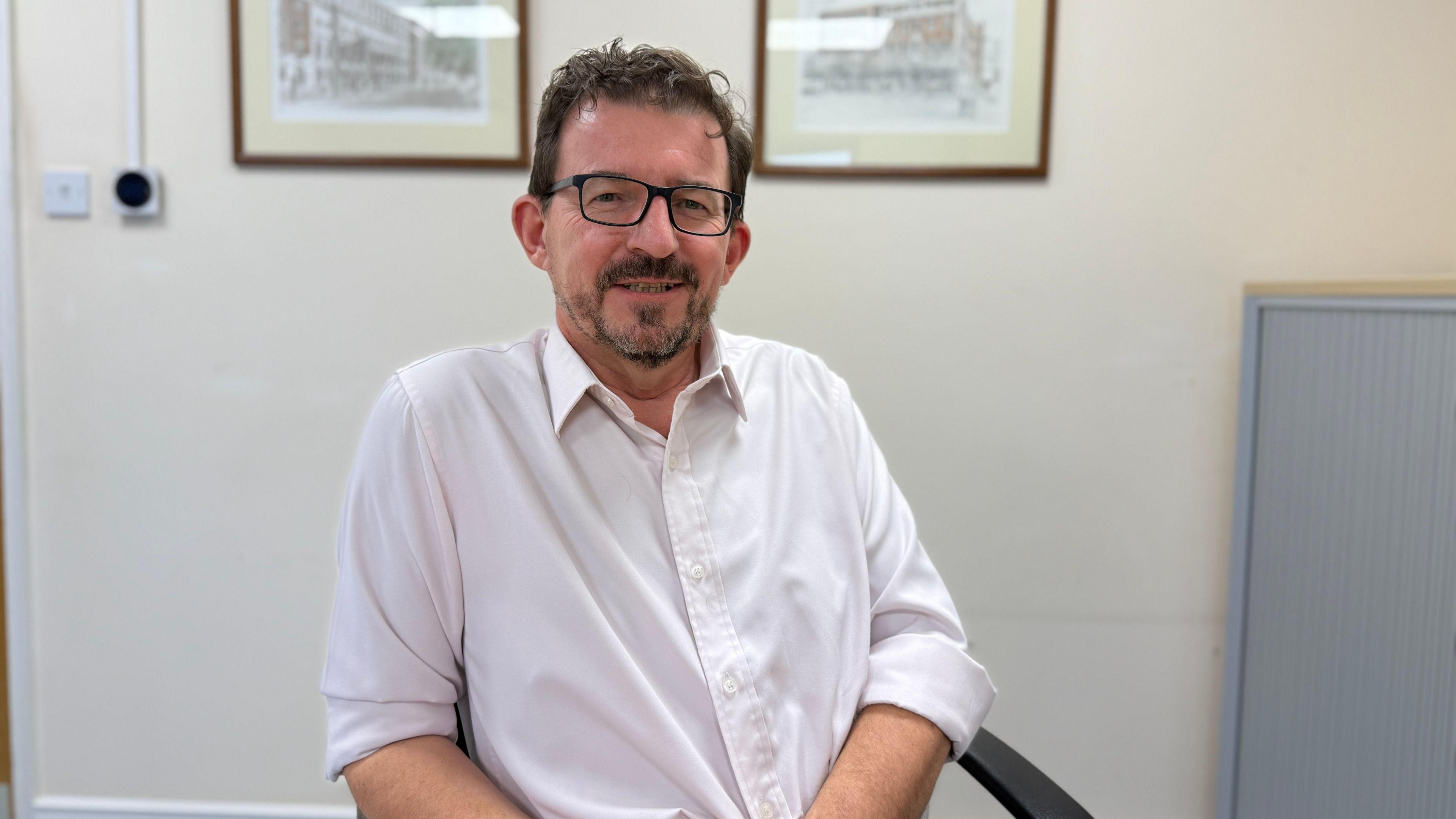
Mr Cole said Sir Chris Hoy's diagnosis was "tragic"
- Published
Guernsey and Jersey's health services will consider the findings of a review of NHS advice on testing for prostate cancer to determine whether local services should be updated.
It follows calls from 48-year-old Olympian Sir Chris Hoy for more younger men to be checked, after he revealed he has advanced cancer that has spread to his bones and is terminal.
A statement from Guernsey's Public Health said that it would "look carefully at the results of the NHS review and consider the local applicability of this."
Jersey's Health Department said any screening programme introduced in the UK "will likely be adopted" in the island.
'Unreliable'
Currently there is no routine PSA screening programme for prostate cancer in the UK, Guernsey or Jersey.
The NHS says this is because results can be "unreliable".
Owen Cole, consultant urologist at Guernsey's Medical Specialist Group (MSG), said: "Even though we know that screening for prostate cancer will reduce deaths, screen programmes for any sort of cancer do have negatives as well.
"We end up investigating a lot of people who don't have prostate cancer and a lot of prostate cancer that isn't going to cause problems and may cause anxiety in patients."
Mr Cole believes that offering screening to those more at risk of developing problematic prostate cancer is the best avenue.
He said: "There are studies underway at the moment that will confirm that [targeting at risk groups]. So I think at the moment there is a reluctance to roll out a screen programme that covers the entire population with good evidence that it shouldn't be done."
Mr Cole said men who have a family history of prostate or breast cancers and men who are of Afro-Caribbean origin are more likely to develop the condition at a younger age, and to suffer from more aggressive cancers.
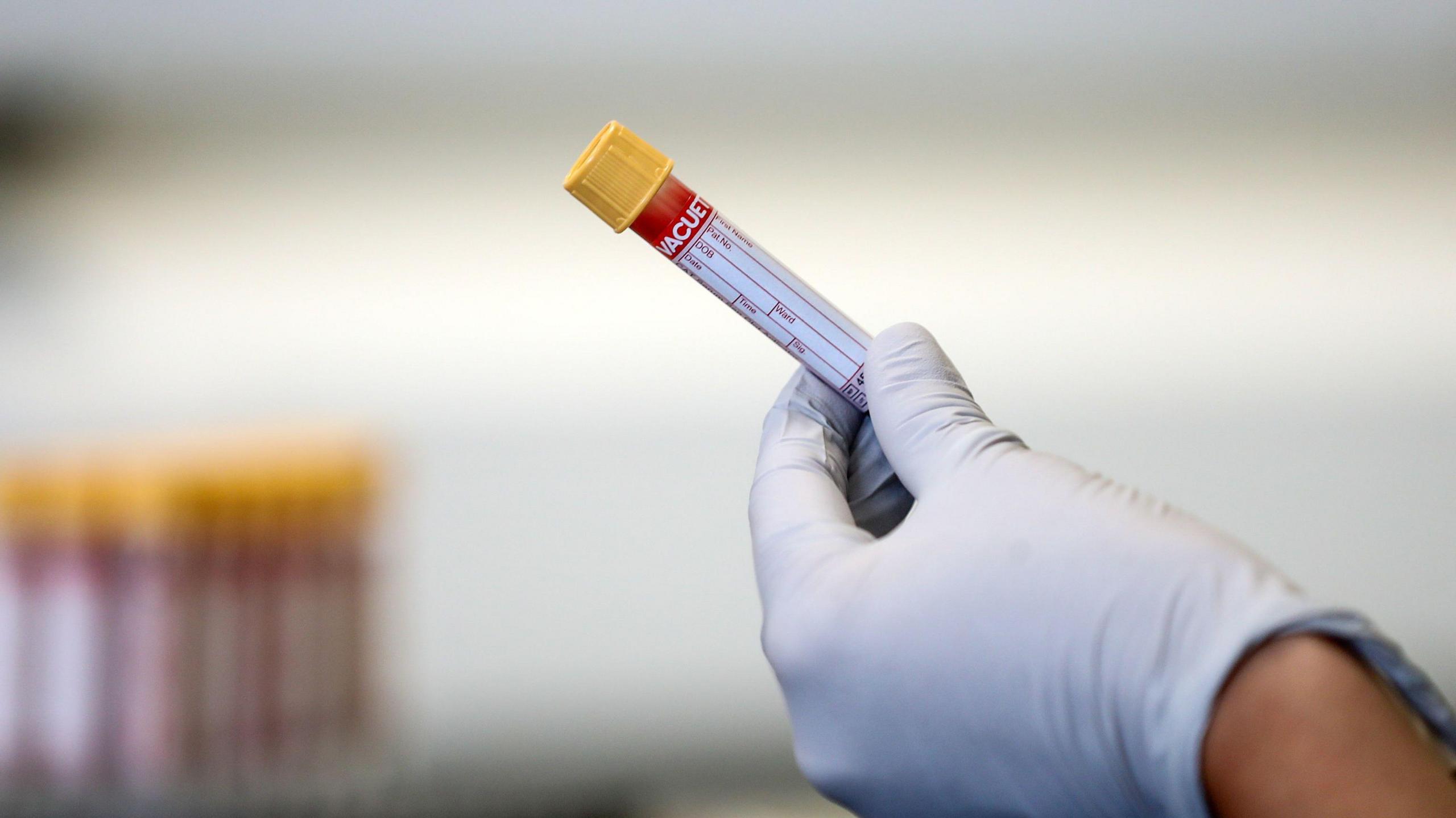
Currently there is no routine PSA screening programme for prostate cancer in the UK, Guernsey or Jersey
Prostate cancer is one of the top three most common types of cancers in both Guernsey and Jersey, after non-melanoma skin cancers.
Jersey has the highest rate of prostate cancer diagnosis in the Channel Islands and also exceeds the average in the south west and England as a whole.
That is according to the Channel Islands cancer report 2020, external, which shows that nearly 275 men for every 100,000 were diagnosed with prostate cancer in Jersey between 2012 and 2016.
During the same period, there were 239.1 cases of prostate cancer per 100,000 in Guernsey and 232.8 in England.
However, figures show Guernsey has a higher rate of people dying of the disease than anywhere else in the Channel Islands and England as a whole.
Jersey urologist Ben Hughes said the island will be watching the ongoing UK review "with interest".
He said: "In the meantime, we know that prostate cancer mainly affects men over 50, and that a man’s risk increases as he gets older. I would encourage all men, aged between 50 and 80, to discuss having a PSA test with their GP.
"If someone has a family history of prostate cancer or have a particular risk factor, then they should consider asking for a PSA blood test at the age of 45.”
'Life after cancer'
Deputy Rob Ward, Jersey's Minister for Education and Lifelong Learning, was diagnosed with prostate cancer in 2022.
He said: "I still think I was lucky because I had a diagnosis early, if you are diagnosed early you have options for treatment.
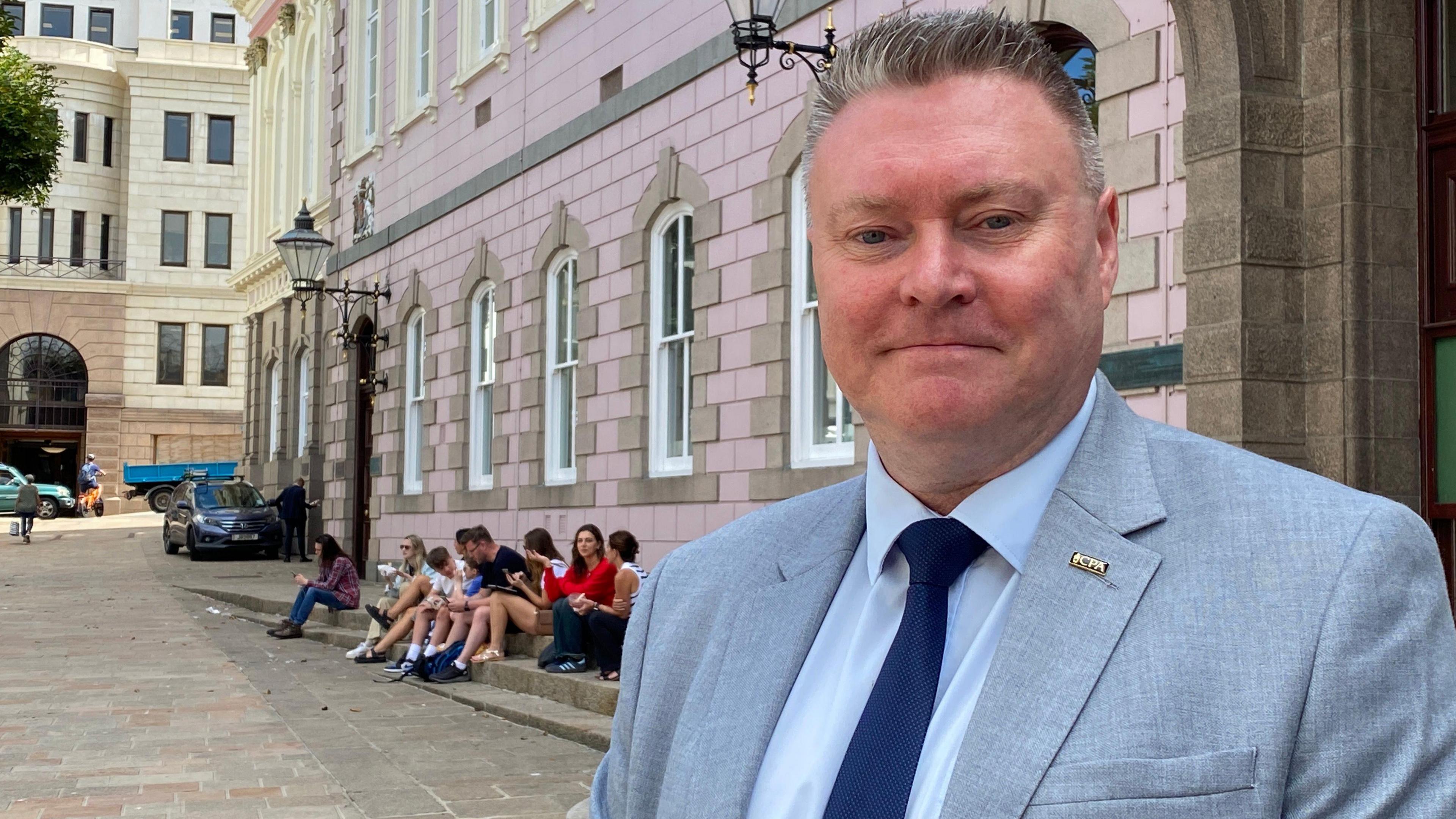
Deputy Ward said he had 'never been more grateful' for the health services
He said: "I'm happy to say I have been cancer free for two years now, I have never been more grateful to the health services for helping me out.
"Men need to get themselves tested, not ignore their health conditions because there is life after cancer."
Mr Ward said he had no symptoms of the cancer when he was tested.
Follow BBC Guernsey on X, external and Facebook, external. Follow BBC Jersey on X, external and Facebook, external. Send your story ideas to channel.islands@bbc.co.uk, external.
Related topics
- Published5 November 2024
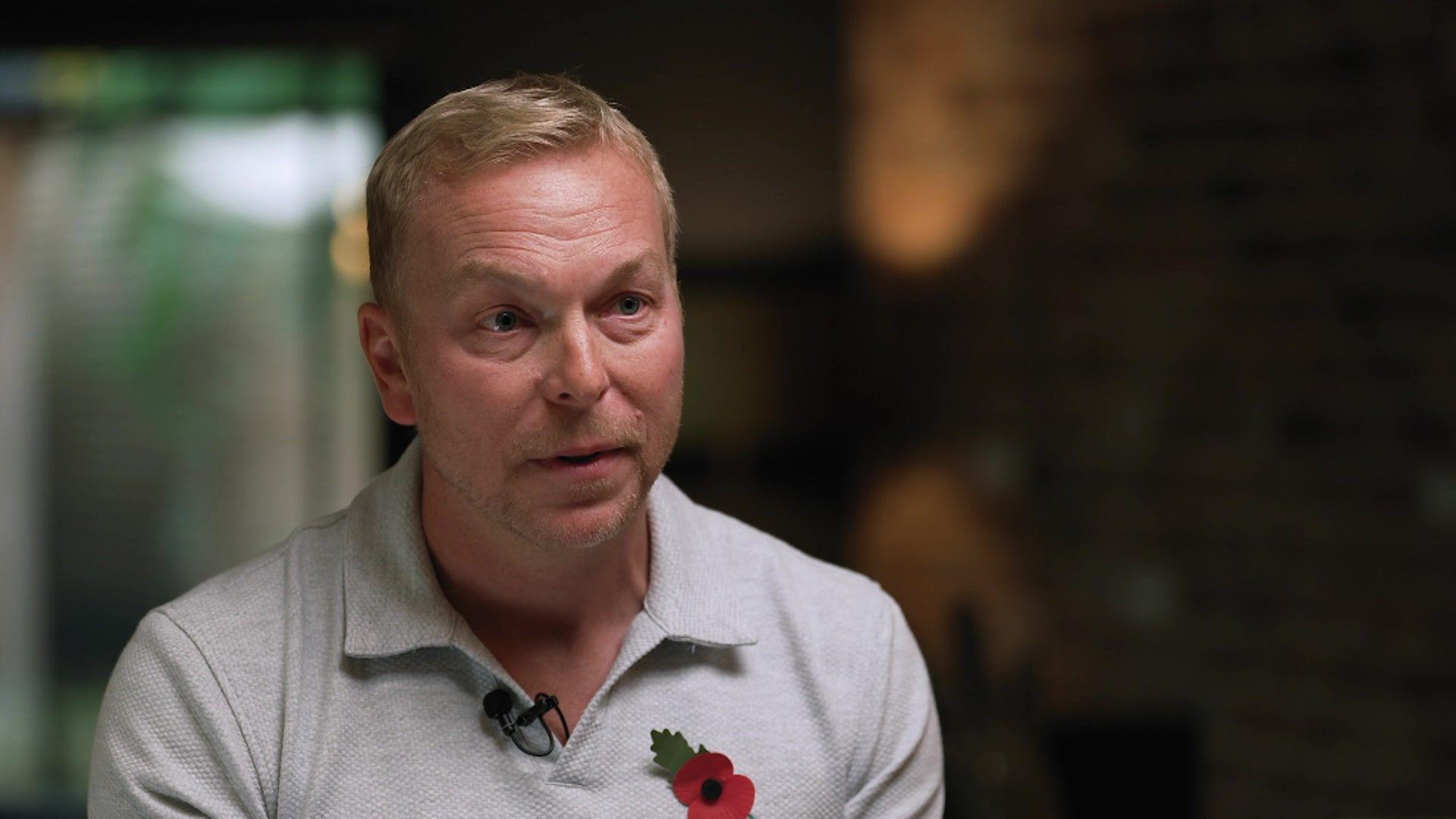
- Published15 July 2024
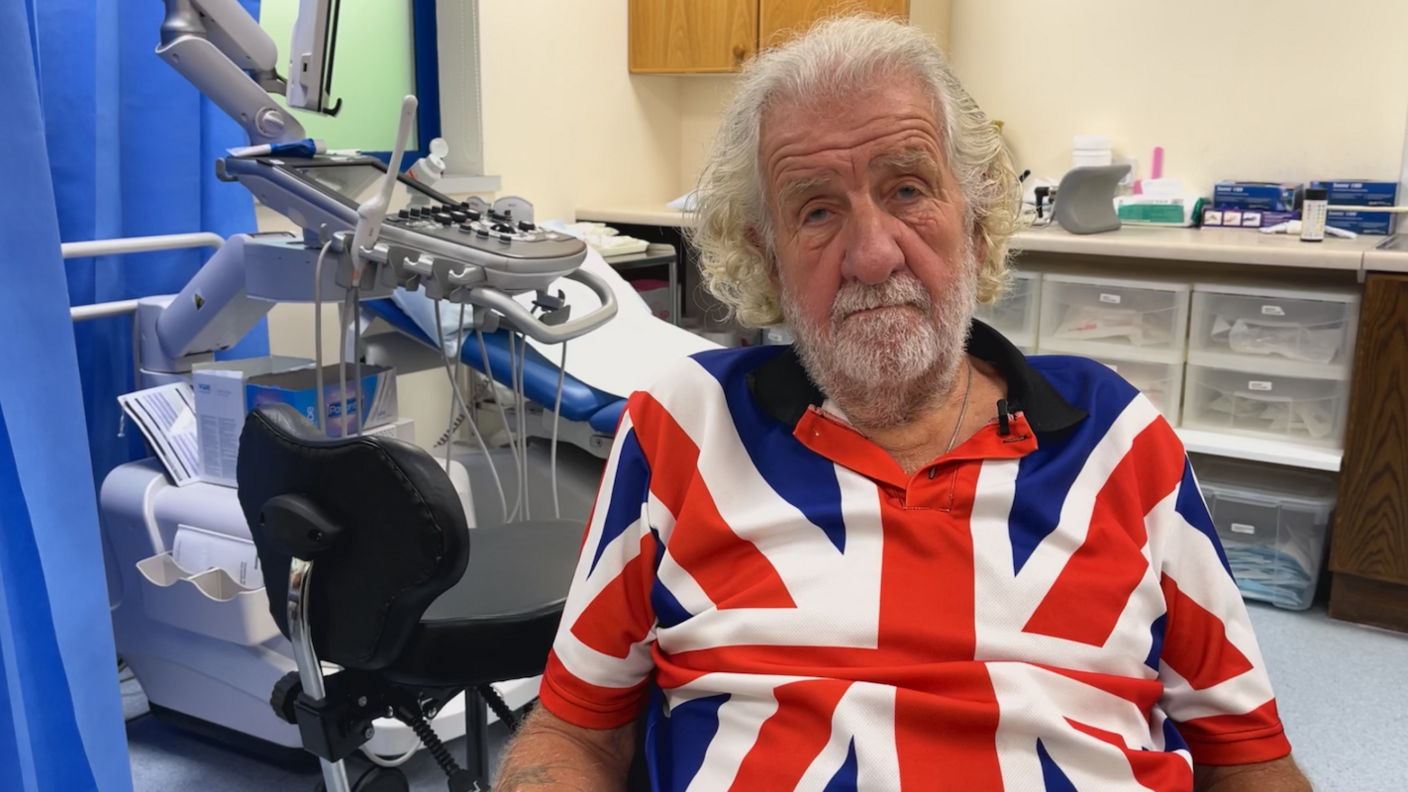
- Published15 September 2022
